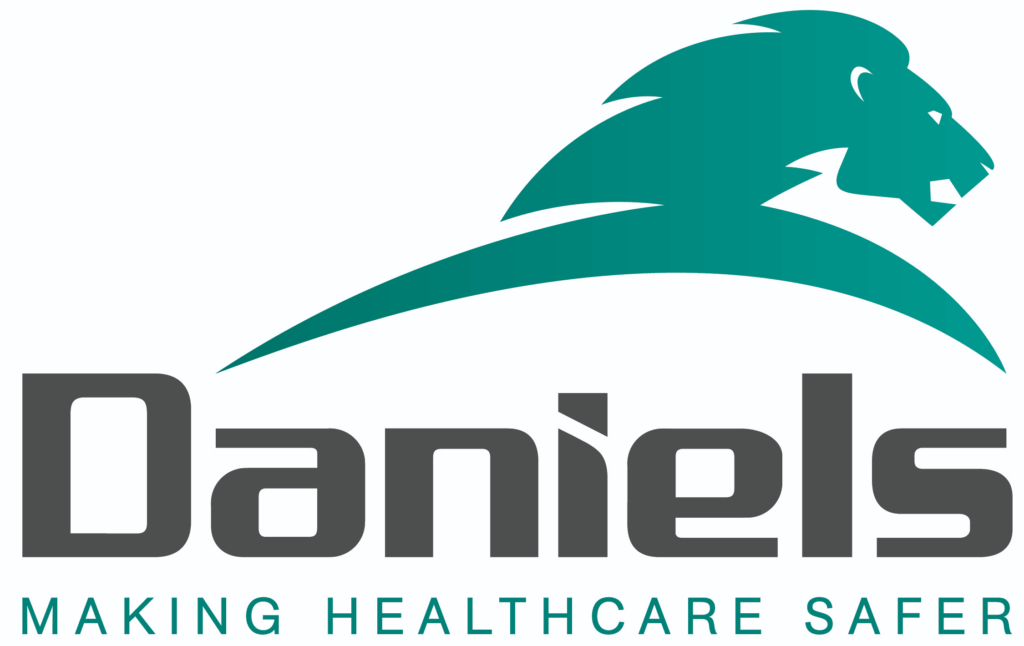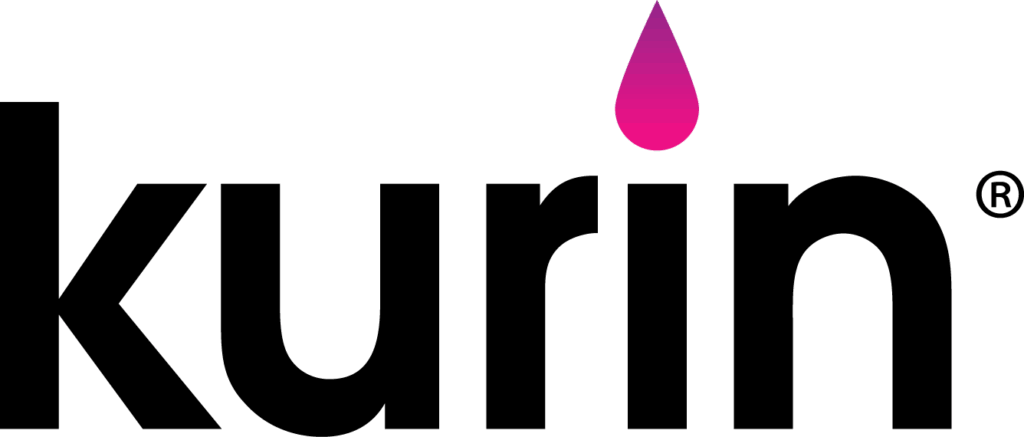A Day for Infection Preventionists
Innovate, Integrate, and Prevent: The Future of Infection Control
November 7, 2025
CityPlace Expo Center
La Grange, Kentucky
Continuing Education
The Kentucky Hospital Association is an approved provider of continuing nursing education by the Kentucky Board of Nursing (KBN). KBN approval of a continuing nursing education provider does not constitute endorsement of program content. This educational activity is offered for 7.2 contact hours, with offering number 5-0023-12-25-052, expiration date 12/31/2025. No partial credit will be given. To receive credit, participants must attend the entire educational offering, provide their nursing license number, and complete the offering evaluation.
After the conclusion of this event, an evaluation link will be sent to attendees. Attendees will have a deadline of 11/14/2025 to complete the survey in order to receive the CEU certificate. Failure to complete any step in the process outlined above will result in non-issuance of CEU credit in accordance with KBN guidelines.
Agenda
8:00 – 8:30 a.m. (ET)
Registration and Breakfast
Sponsored by:

8:30 – 8:45 a.m.
Welcome
Melanie Landrum
Senior Vice President of Data, Operations and Innovation
Kentucky Hospital Association
8:45 – 9:45 a.m.
Survey Success: The Role of the Infection Prevention and Control Officer
Rick Curtis, MS, RN, HACP
During this presentation, the speaker will address key aspects of accreditation compliance under Infection Prevention and Control standards as well as the role of the Infection Control Officer. Attendees will hear expert insights regarding the most common deficiencies cited during accreditation surveys specific to the realm of infection control as well as tips and tactics for proactively addressing them.
Objectives:
- Identify key compliance requirements under the CMS Conditions of Participation for Infection Control.
- Identify the most common deficiencies that are cited during accreditation surveys specific to the realm of Infection Prevention and Control.
- Discuss strategies that the Infection Control Officer can implement to assure compliance to standards and regulations.
9:45 – 10:00 a.m.
Networking Break with Sponsors
10:00 – 10:30 a.m.
Rae Huremovic, RN, BSN
Legionella is a type of bacteria that can cause critically dangerous illnesses in our patients, such as Legionnaire’s Disease and Pontiac Fever. This bacteria poses an especially dangerous threat in our hospital settings where many patients are immunocompromised and susceptible to the dangerous effects Legionella exposure, which occurs the most commonly through the inhalation or ingestion of contaminated water droplets. In this presentation, attendees will hear about a real-life experience of a hospital’s fight against a Legionella outbreak, and the Legionella management protocols that can make a difference for Infection Prevention leaders in any healthcare setting.
Objectives:
- Discuss the real-time response of a Kentucky hospital that encountered a Legionella outbreak.
- Understand the risks associated with Legionella infections.
- Describe the best-practice steps that leaders and clinicians can take to assess and manage the risks associated with Legionella in water sources.
10:30 – 11:00 a.m.
Benjamin Howard, MSN, CIC, T-CHEST
Enhanced Barrier Precautions (EBP) are a fundamental component in preventing the spread of multidrug-resistant organisms (MDROs) and improving patient safety in healthcare settings. This presentation will provide an in-depth overview of EBP, including when and how they should be implemented, the research behind the guidance, and practical strategies for successful adoption in clinical practice. Participants will gain a clear understanding of EBP and their role in reducing transmission risk beyond traditional isolation guidelines.
Objectives:
- Define Enhanced Barrier Precautions (EBP) and explain how they differ from Standard and Contact Precautions.
- Identify clinical scenarios and patient populations where EBP are indicated.
- Describe the rationale behind EBP implementation and their impact on preventing MDRO transmission.
- Discuss strategies for overcoming barriers to EBP adherence within healthcare teams.
11:00 a.m. – 12:00 p.m.
Michael Matthews, MBA, CRCST, CIS, CHL
This session investigates reported incidents in which visibly damaged flexible endoscopes led to patient harm. Attendees will hear discussions on the “3 Ts” of equipping reprocessing technicians to properly inspect endoscopes to prevent patient harm.
Objectives:
- Analyze the relationship between visual damage and patient harm.
- Evaluate current visual inspection practices and identify gaps.
- Implement solutions designed to protect patients.
12:00 – 1:00 p.m.
Lunch

1:00 – 1:30 p.m.
Mary Lee Evers, RN, BSN, CPHQ
In this presentation, attendees will hear a demonstration of how the AHRQ MRSA Prevention Program implementation in one of our Kentucky hospitals drastically improved the safety of patients across the hospital’s entire system. Included in the discussion will be strategies, challenges, and lessons that were learned along the way during this hospital’s journey toward improvement of their MRSA rates.
Objectives:
- Define the impact of MRSA on Baptist Health, and the potential impact it can have in any hospital setting.
- Describe the strategies which compose the AHRQ Decolonization Protocol.
- Understand the results of the interventions that were put into place with the AHRQ MRSA Prevention Program at Baptist Health, and how similar results can be achieved in other Kentucky hospital settings.
1:30 – 2:00 p.m.
Rachel Inyama, DNP, RN, CIC
In the summer of 2024, the Infection Prevention team at Norton Healthcare transitioned from a facility-based on-call structure to one that was system-wide. In this presentation, attendees will hear about lessons learned during that transition, the preparation efforts that were required, and how the processes and lessons captured during this change could apply to similar efforts involving multiple departments, stakeholders, or locations in our Kentucky hospitals.
Objectives:
- Discuss elements utilized in making the decision to transition to a system-wide on-call structure.
- Name three lessons learned during the transition from a facility-specific on-call structure to a system-wide one.
- Identify two key stakeholders who would need to be included for a successful transition to a system-wide process.
2:00 – 3:00 p.m.
Ruth Carrico, PhD, FNP-C, CIC, AL-CIP, FSHEA, FNAP, FAAN
Medical products and devices undergo evaluation by a variety of agencies with the goal of assuring patient safety. The FDA and EPA require that manufacturers provide instructions for the use of their products and devices with the goal of users caring for those items as a crucial contributor to that overarching patient safety goal. Despite these manufacturer’s instructions for use (MIFU) being provided, the utility and practicality of the guidelines provided within them may miss the mark. This presentation will focus on the challenges that some MIFUs bring, and ways that Infection Prevention leaders can ensure compliance with MIFUs to maximize their potential of keeping their patients safe.
Objectives:
- Review the requirements surrounding manufacturer instructions for use.
- Identify gaps in MIFUs and their abilities to guide care of supplies and equipment in healthcare settings.
- Explore strategies that can bridge the gap between existing MIFUs and patient safety initiatives.
3:00 – 3:30 p.m.
3:30 – 4:30 p.m.
Jeff Whitehorn, MBA, LFACHE, ACC
How soon in your leadership journey were you confronted with a situation or challenge that you were completely unprepared? In fact, you never saw it coming. A strong educational background is very important for success. However, there are so many leadership lessons that are not taught in school but are learned through experience. Truly, experience is the master teacher. In this session, Jeff Whitehorn will deliver a motivational and energetic presentation as he reveals and shares ten important leadership lessons for success that he learned “on the job” as a 25-year hospital CEO that were never taught in school
Objectives:
- Identify and prepare for ten untaught but real-life leadership challenges
- Discover the #1 most important responsibility of a leader
- Develop a toolbox of tips, strategies, and ideas to utilize when untaught leadership challenges confront you
4:30 p.m.
Casey Franklin, BSN, RN, CPHQ, WCC, HACP-CMS
Associate Vice President of Quality and Health Professions
Kentucky Hospital Association
